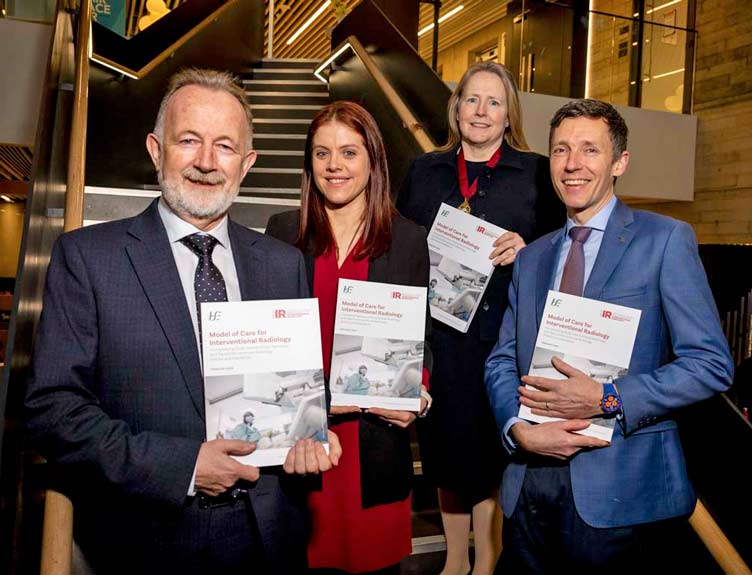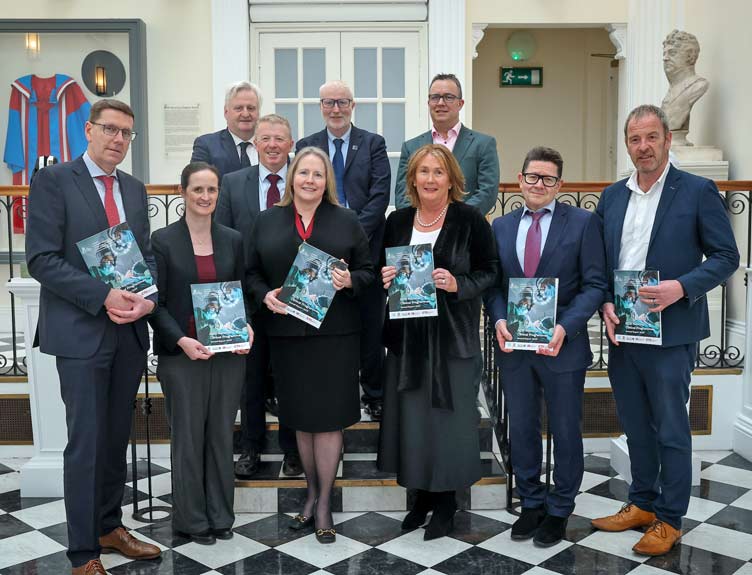RCSI makes recommendations to address gap in training and education for non-consultant hospital doctors
The Short Life Working Group (SLWG) has made a series of recommendations designed to have a positive impact on quality and patient safety in the Irish healthcare system to support a culture of non-consultant hospital doctor (NTSD) supervision and training and to improve the quality of life for NTSDs and their families.
More than 1,000 non-consultant hospital doctors (NCHDs) work in Irish surgical departments. NCHDs provide the backbone of 24/7 emergency surgical services. It is essential that they possess the requisite skills and competencies needed to deliver high quality and safe care. The majority (64%) of surgical NCHDs do not occupy a specialist training post approved by the National Doctors Training and Planning and funded by the HSE. These doctors are referred to as non-training scheme doctors (NTSDs).
In November 2020, the President of RCSI established the SLWG tasked with investigating the recruitment and career expectations of surgical NTSDs to report on the educational opportunities and support structures available and to provide recommendations on how RCSI could support NTSD development and professional needs. The Working Group, chaired by Council Member, Mr James Geraghty, included significant NTSD representation.
Mr James Geraghty said: "The majority of the non-training scheme doctors are from outside the EU and are not graduates of an Irish Medical School. These doctors make an invaluable contribution to the delivery of healthcare in Ireland. The majority of surgical units across the country depend on NTSDs to maintain emergency surgical services. The aim of the RCSI Short Life Working Group was to address the gap in education and training and support these doctors to enhance their clinical skills and knowledge, career development and professional needs. The recommendations, if implemented, will enrich our health service and ultimately benefit patients."
As part of its remit the SLWG undertook an in-depth survey among NTSDs to gain greater understanding of NTSD recruitment, career expectations and training supports. The survey revealed that although the NTSDs generally reported a positive experience working and living in Ireland, their expectations were very different to the reality they experienced. Many had come to Ireland expecting to be able to access specialist training programmes. They felt they had not received adequate information regarding available career pathways and found themselves on short term (6-12 month) contracts with the recurrent stresses of visa and work permit renewal.
The SLWG has made a series of pragmatic recommendations across a range of areas including: recruitment and retention of non-EU doctors; pre-employment information on living and working in Ireland; and continued professional development.
The SLWG report can be read here.
You can also find more information about RCSI's Continuing Professional Development Support Scheme here, or more about our Professional Competence Scheme here.



